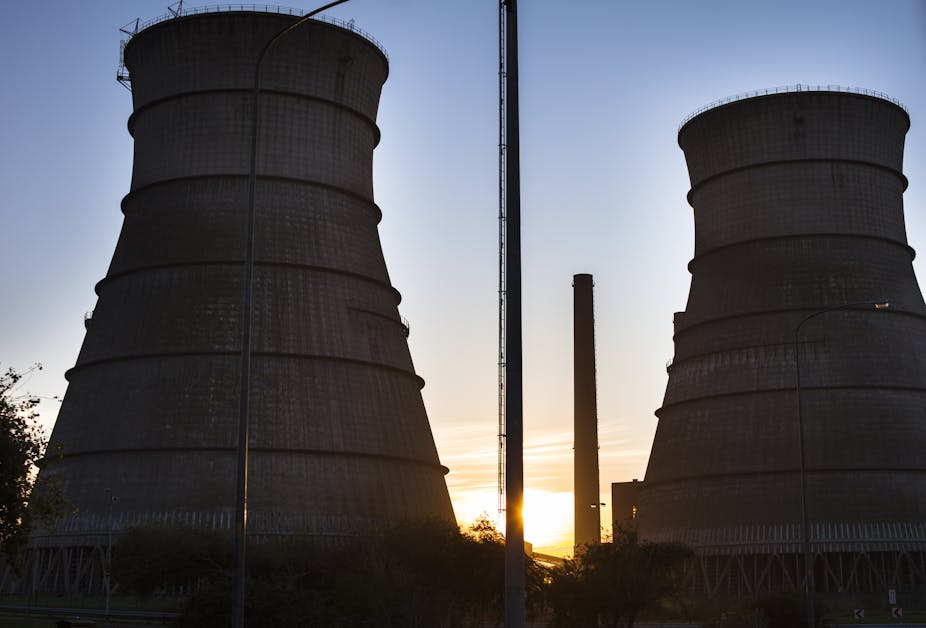South African President Jacob Zuma spoke about energy in his State of the Nation address. The Conversation’s Energy and Environment editor, Ozayr Patel, and Voice of Wits producer, Elna Schutz, interviewed Professor of Physics Hartmut Winkler to get in-depth comment on what Zuma had to say.
You can listen to the interview and read our transcript below.
Was the discussion of energy more urgent and pronounced last year?
Yes, it was. This was because of the load-shedding crisis in South Africa at the time. Noticeable this year was that energy was not as high on the list of priorities as last year. When he reported back on what had been achieved in the last 12 months and presented his nine-point plan, energy only received a relatively scarce mention, whereas last year it had been the number-one item on the plan.
Does the affirmation of independent power producers indicate a change?
Not necessarily. But it was a statement underscoring the success of the program itself, especially in getting power stations up and running very quickly. What he mentioned about coal and gas produced stations was nothing really new but merely affirmed that this is a route that the government wants to continue on in the immediate future.
Have independent power producers and renewable energy improved the country’s energy problems?
Yes. It is one of the reasons why we have not had as much load shedding this year – because comparatively small but still sufficient, medium-sized power stations did come into operation in the past year.
The president made the following statement: “We will only pursue nuclear on a scale and pace the country can afford”. Is this an indication of change in the country’s nuclear strategy?
Officially, he still affirmed the country’s commitment to try and build nuclear power stations producing 9600 megawatts of power in the next decade. However, there was an important statement that the government would “test the market” to ascertain the true cost of building such power stations.
There was also the important remark that it would only pursue such construction on “a scale and at a pace that the country can afford”. Effectively right now the country cannot afford to build all the planned nuclear power stations in the next decade. This comment seems to indicate that while not veering away from its commitment to nuclear, at least it seems to realise that this can only be effected much more slowly than envisaged.
There is also an increased awareness of the potentially prohibitive cost of such developments. This is welcome.
There has been no load shedding since August last year. Is this a result of better management of coal resources or a combination of that and renewable input?
I think it is a mixture of both. Certainly the improved management and operations at the state-owned energy utility Eskom have eased the crisis. At the same time energy use is lower than envisaged a few years ago, partly because of the slump in mining and in the economy in general. That has indirectly helped Eskom maintain power supplies.

